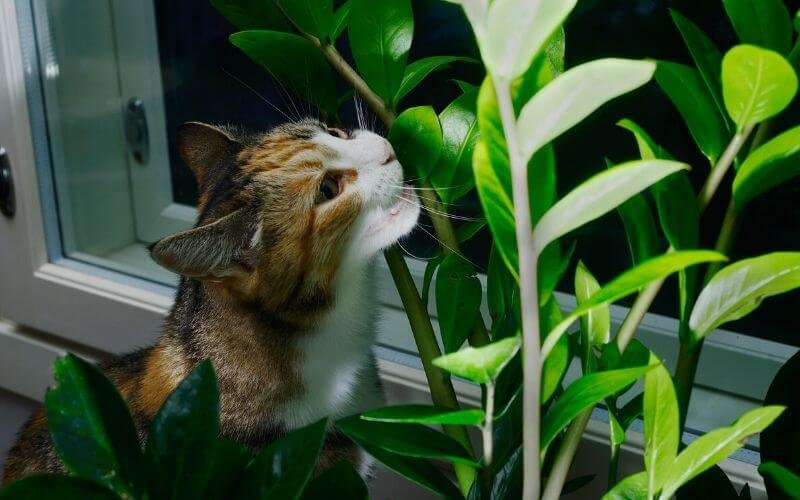Are Snake Plants Toxic to Cats?
Introduction Are Snake Plants Toxic to Cats?
Thank you for reading this post, don't forget to subscribe!- Explanation of the topic
- Importance of knowing if snake plants are toxic to cats
What is a Snake Plant?
- Description of snake plants
- Common varieties of snake plants
Toxicity in Snake Plants
- Overview of toxicity in snake plants
- Specific toxins present in snake plants
Symptoms of Poisoning in Cats
- Common symptoms of poisoning in cats
- How cats may come into contact with toxic plants
Effects of Snake Plant Poisoning
- Potential health effects on cats
- Long-term consequences of plant poisoning
Preventing Toxicity in Cats
- Tips for keeping cats safe from toxic plants
- Alternative plant options for cat owners
What to Do if Your Cat is Exposed
- Immediate actions if your cat has come into contact with a toxic plant
- Contacting a veterinarian
Safe Handling of Snake Plants
- Precautions to take when caring for snake plants
- Proper disposal of plant trimmings
Conclusion
- Recap of the importance of knowing about plant toxicity
- Final thoughts on keeping cats safe from toxic plants
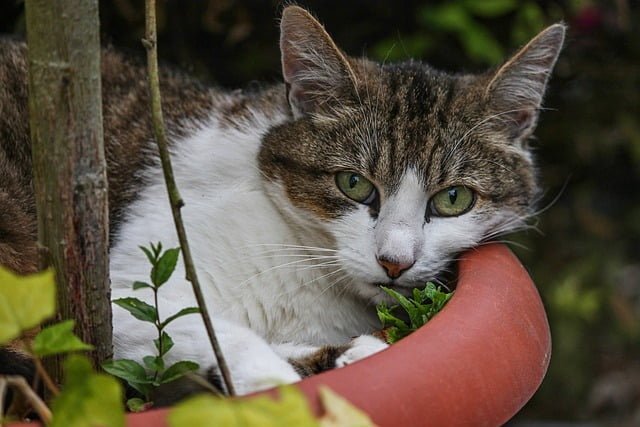
Are snake plants toxic to cats? This is a common question among pet owners who want to ensure the safety of their beloved feline friends. In this article, we will explore the potential dangers of snake plants to cats and provide tips on how to keep your pets safe.
Growing Olive tree indoor plant
What is a Snake Plant?
Snake plants, also known as Sansevieria, are popular indoor plants known for their hardy nature and air-purifying properties. These plants come in a variety of shapes and sizes, with some having long, sword-like leaves while others have shorter, more compact leaves.
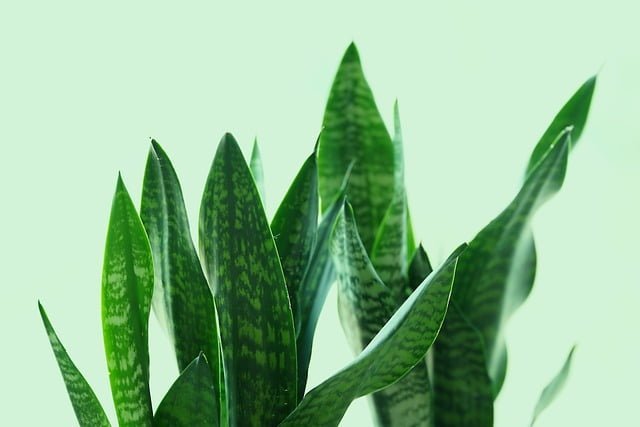
Toxicity in Snake Plants
While snake plants are generally considered to be non-toxic to humans, they can be harmful to pets, including cats. The leaves of the snake plant contain toxic compounds that can cause gastrointestinal issues and other health problems if ingested by cats.
Symptoms of Poisoning in Cats
If a cat ingests a toxic plant like a snake plant, they may exhibit symptoms such as vomiting, drooling, diarrhea, and lethargy. In severe cases, plant poisoning can lead to more serious health complications and even death.
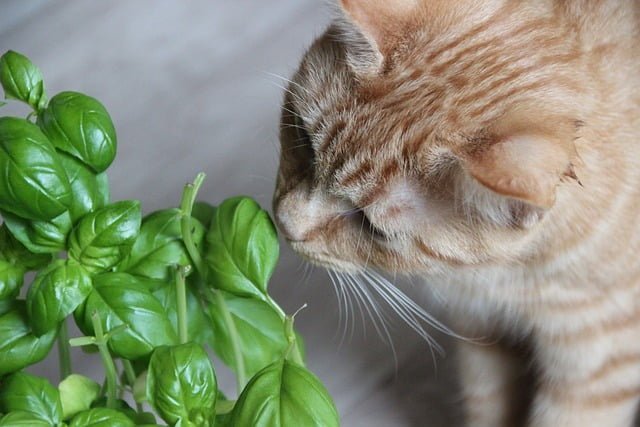
Effects of Snake Plant Poisoning
The effects of snake plant poisoning can vary depending on the amount ingested and the size of the cat. In some cases, cats may experience mild gastrointestinal discomfort, while in others, they may require immediate medical attention to prevent serious health issues.
Preventing Toxicity in Cats
To prevent plant poisoning in cats, it is important to keep toxic plants like snake plants out of their reach. Consider placing plants in hanging baskets or on high shelves where cats cannot access them. Additionally, provide your cat with cat-friendly plant alternatives to satisfy their natural curiosity.
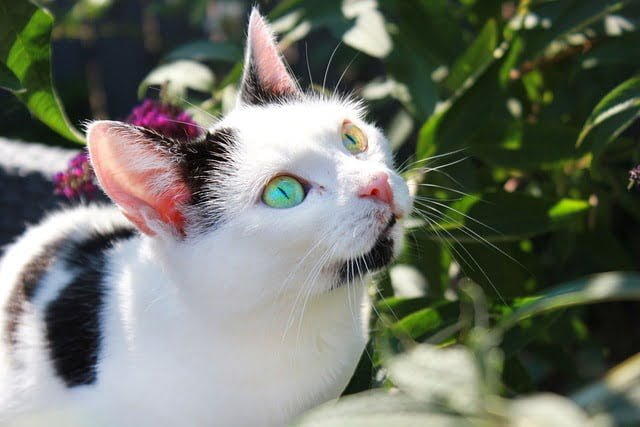
What to Do if Your Cat is Exposed
If you suspect that your cat has ingested a toxic plant like a snake plant, contact your veterinarian immediately. They will be able to provide guidance on how to treat your cat and prevent further complications from plant poisoning.
Safe Handling of Snake Plants
When caring for snake plants, it is important to take precautions to prevent accidental exposure to pets. Wear gloves when handling the plant, and wash your hands thoroughly after pruning or repotting. Keep plant trimmings out of reach of cats to avoid ingestion.
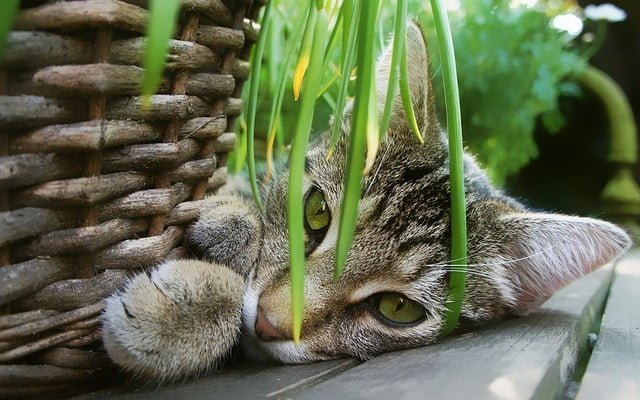
My Opinion
In conclusion, it is essential for cat owners to be aware of the potential dangers of toxic plants like snake plants. By taking steps to prevent plant poisoning and knowing what to do in case of exposure, you can keep your feline friends safe and healthy.
FAQs
- Are all varieties of snake plants toxic to cats?
- Can cats develop a tolerance to plant toxins over time?
- How can I tell if my cat has ingested a toxic plant?
- Are there any natural remedies for plant poisoning in cats?
- Is it safe to have snake plants in a household with cats?


